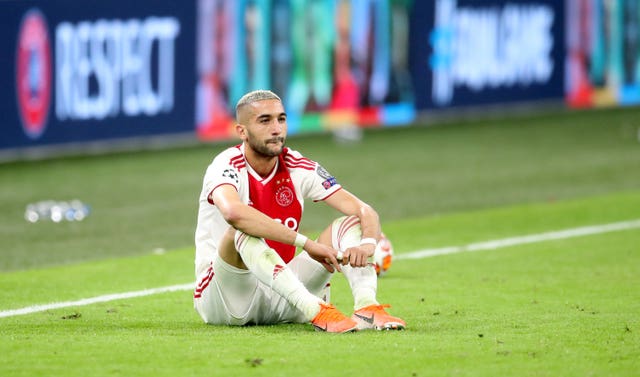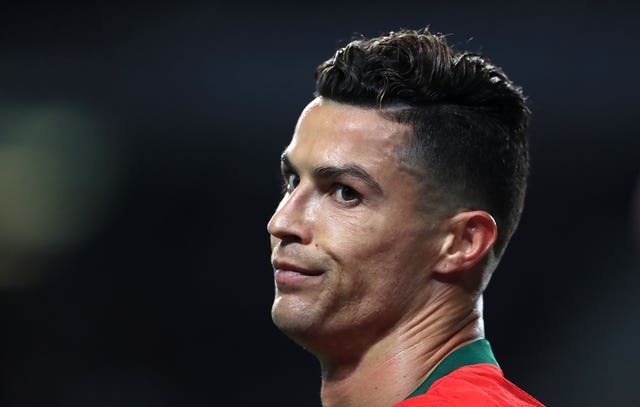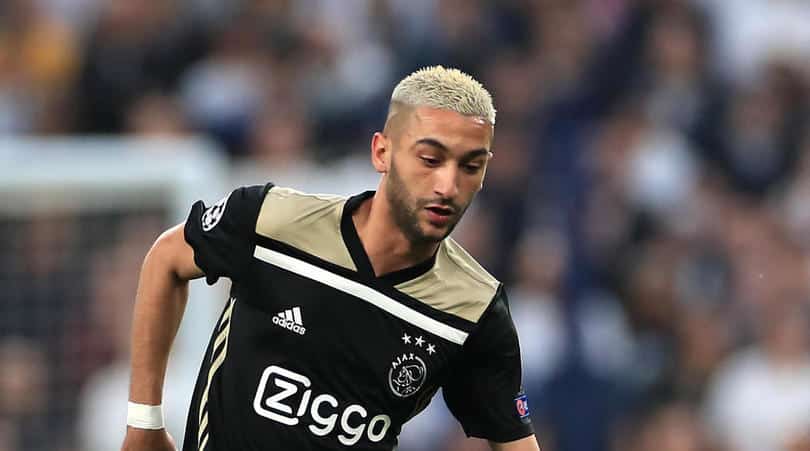World players’ union FIFPRO is working towards a ‘harmonised solution’ on extending player contracts to cope with the coronavirus pandemic but accepts that addressing the issue of players who have contracts already signed with new clubs could be complicated.
FIFPRO has been part of working groups set up by European football’s governing body Uefa and world governing body Fifa to look at the issue of player contracts, which traditionally end on 30 June but will need to be revisited in order to complete the 2019-20 season.
The general secretary of FIFPRO, Jonas Baer-Hoffmann, believes it is in the interests of leagues, clubs and players to reach a consensus on this, and for those under contract, or whose deals expire on 30 June, that deals should be extended until the season ultimately reaches its end.
‘Our preference would be that we have as harmonised a solution on the contract extensions as possible,’ he said.
‘You could very much argue that the spirit of the contract is that it runs until the season is over and a new contract starts with a new season.
‘Nevertheless, there are legal obstacles with mandating such an extension which we’re trying to manage as well as we can, but we are very concerned that we might end up in a situation where [clubs] pick and choose who is being retained for the last couple of months of the season and who is not.
‘We do believe that there should be collective solutions, and if those can’t be international then at least on a domestic level we would very much encourage [clubs] to find a solution that those contracts are, in a harmonised way, ideally extended.’
The picture becomes less clear for deals due to kick in from 1 July, such as that between Chelsea and Ajax for Hakim Ziyech.

‘This makes it more complicated,’ Baer-Hoffmann said.
‘On the one hand you could say, when a player signs a contract with a new club there is always a risk that they might get injured until that contract starts.
‘But when the party signed that contract they probably did so with a thorough understanding of how long that risk period is, namely the end of June. I don’t have a clear answer on how that can be best managed yet.
‘Nevertheless I do think it requires some collective consideration as well, because even if that has a different response than all the other contracts, it would still be better to do that in a harmonised way rather than leaving every contract on its own.
‘Clearly what it requires is that every party to that construction – the player and the two clubs – find a balanced solution but legally this is more complicated than someone who is a free agent afterwards.’
Baer-Hoffmann was also asked about the decision of Juventus players to forego wages to help the club cope with the financial impact of the Covid-19 outbreak.

While he said it was commendable for players to agree to this where possible, it should not be considered the blueprint for all.
‘I think it is very important that people understand the vastly different economic circumstances,’ he said.
‘Of course, for Giorgio [Chiellini] and the players and his team to be addressing something like that is a completely different context for even the lowest clubs in Serie A.
‘We can only appeal to common sense and to rationality that those measures that are taken by some of the elite clubs and thereby the elite players cannot just be translated downwards.’





